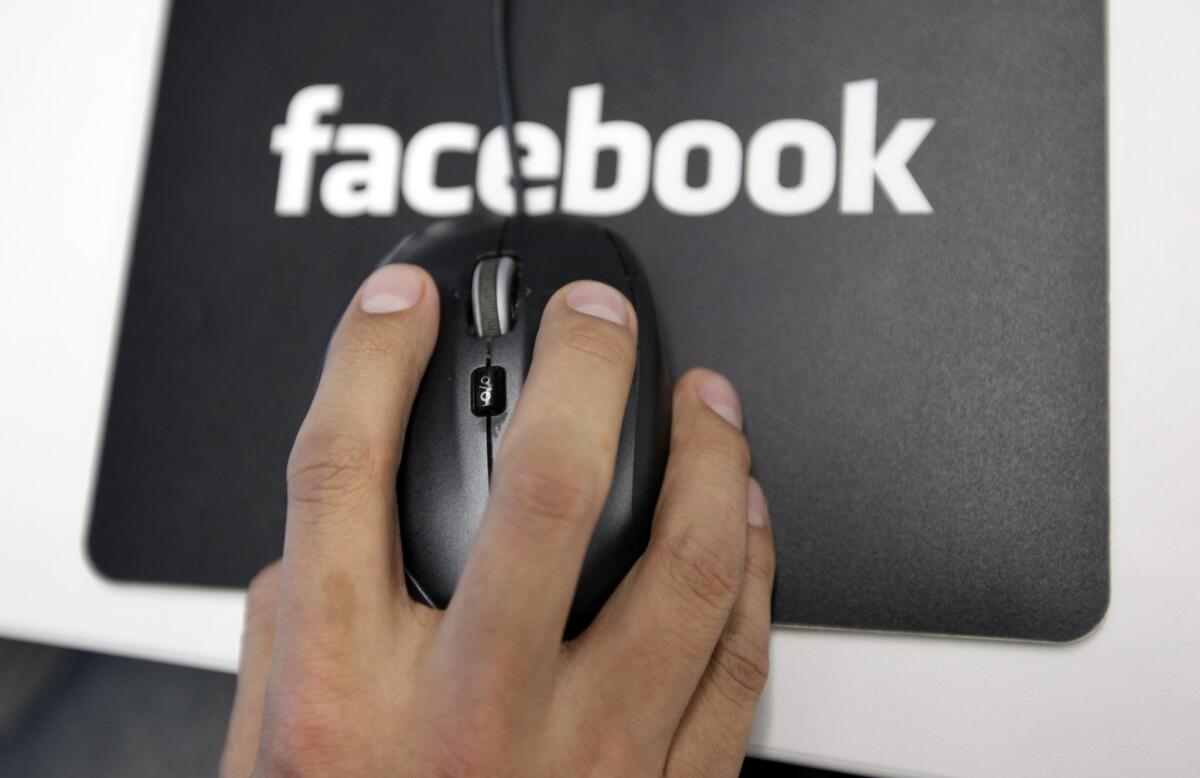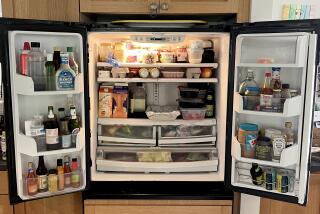Daum: I ‘like’ me, I really ‘like’ me

Recognize this pattern?
Brag brag brag
Bait for compliment
Self-promote
Promote someone else so as to be able to self-promote later
Brag
Wax indignant about political issue on which everyone you know agrees with you
Bait again
Brag brag
That, dear readers, is the footprint of your Facebook feed. Unless you’re some kind of outlier whose friends post nothing but links to worthy charitable organizations and lost-pet notices, that is what scrolls past your line of vision on a daily, perhaps hourly (minute-by-minute?) basis. And that is why you occasionally find yourself wishing that everyone you “know” would just go away and never come back.
Yes, it’s passé to complain about the wearying, navel-gazing, time-wasting, occasionally ego-bruising effects of Facebook and its ilk. We know that studies suggest that all those happy photos our friends put up can make us sad. We know we’ve become a culture of curators and show-offs, hand-selecting our most triumphant and photogenic moments and presenting them as everyday occurrences.
And I know that some people are right now finding me a pitiful and insufferable hater and saying, “Hey, I think Facebook is a fun and useful way to build community and keep up with old friends.” To them I say stop reading this column and go post a photo of the “gorgeous salad” you just made.
Because if you’re a normal, sentient being who’s noticed in yourself a constant, low-grade irritation over the past year, you know what I’m talking about. Your relationship to Facebook has changed. It used to make you feel connected to the world, but now it makes you feel bad about yourself. That’s because it’s become less a place for exchanging ideas and events and more and more an unmitigated, unapologetic opportunity for public relations. It’s a forum not for sharing but for bragging.
The most common and insidious form of social-network bragging is the “humblebrag.” These are boasts that are loosely disguised as self-deprecation — “Spilled coffee inside my Maserati. What a dope!” — and they’ve become so ubiquitous there’s even a book collecting some of the best examples from Twitter. “Just filed my taxes. Biggie was right, mo money, mo problems.”
There are many more genres. For instance, the chest thumping-masquerading-as-self-esteem I call the “empowerboast.” “Feeling so good about myself today. Realizing that I am beautiful and wise and deserved to be loved.”
There’s the travel brag, in which someone in an exotic locale mentions his whereabouts with a casualness that lets everyone know it’s so not a big deal. “Can anyone recommend a bar in the Maroseyka district section of Moscow? My old haunt is closed!” (A corollary is sharing a travel itinerary by way of nothing more than coy airport codes — LAX-NRT, JFK-PRG — because your life is such a whirlwind of globe-trotting that you barely have time to spell our your coordinates before the airplane wheels leave the tarmac.)
Some are so common, they’re trite: the mom brag, the meal preparation brag, the posting-of-hot-photos-of-yourself brag. Always, and often inexplicably, these posts will be showered with “likes” and approving comments that also manage to be competitively boastful — “When I was in Moscow I couldn’t tear myself away from Winzavod. Very cool.”
Maybe there’s a metaphysical factor to all this. If something good happens to you and no one knows it, did it really happen? Moreover, if you don’t publicize your accomplishments and good fortune are you essentially saying you don’t care about them? Is bragging about yourself actually a form of appreciating — or even respecting — yourself?
Maybe, but here’s what I think is really going on. We’re a culture that can’t distinguish positive thinking from hubris. We tell ourselves we’re not bragging, just putting out good vibes. We’re not putting the spotlight on ourselves, but rather spreading the light around so that others, too, will flourish in the glow.
Except that’s crap. These aren’t good vibes. They are advertisements for our insecurity. Posting a brag, humble or otherwise, and then waiting for people to respond is the equivalent of having a conversation in which all you do is wait for your turn to speak. That is to say, there’s nothing to learn from it but we all do it at least occasionally.
I hereby resolve to stop.
So can anyone recommend a decent Olive Garden in Bakersfield?
See, you feel better already.
More to Read
A cure for the common opinion
Get thought-provoking perspectives with our weekly newsletter.
You may occasionally receive promotional content from the Los Angeles Times.











